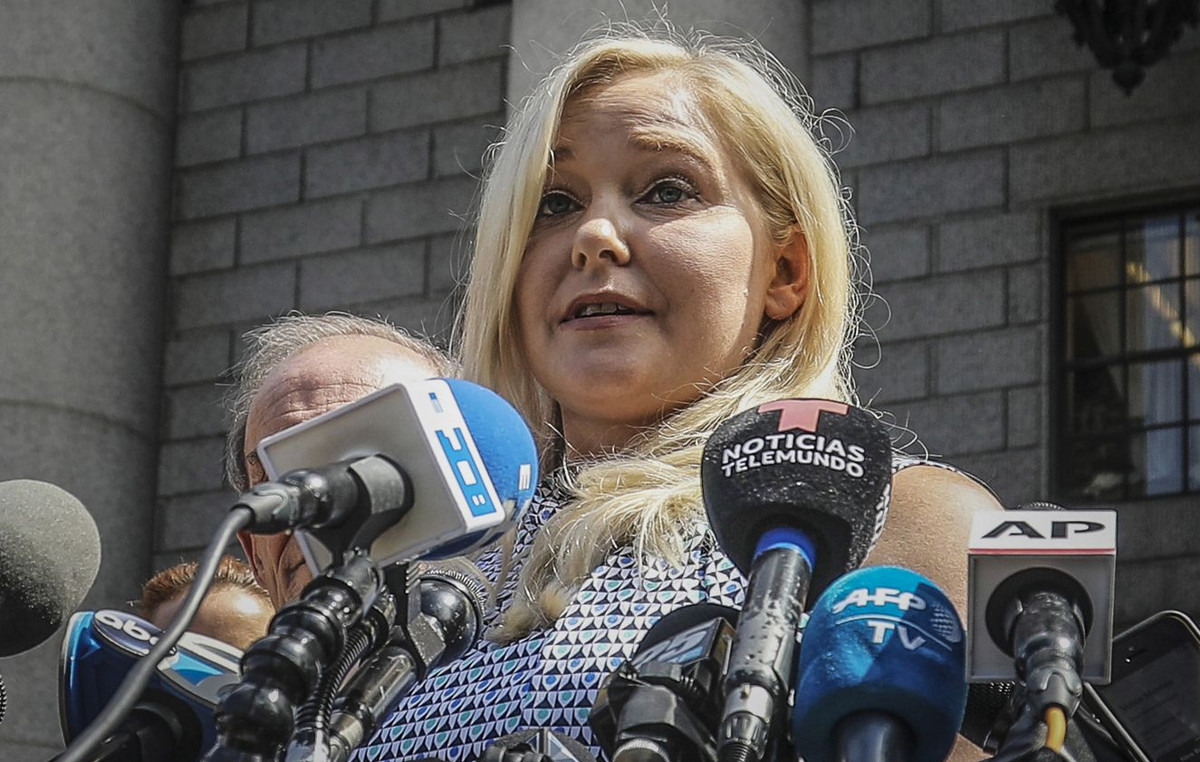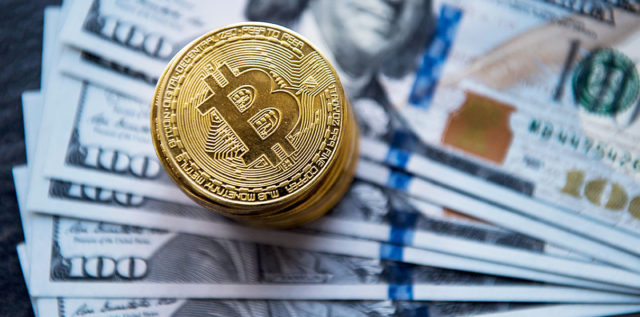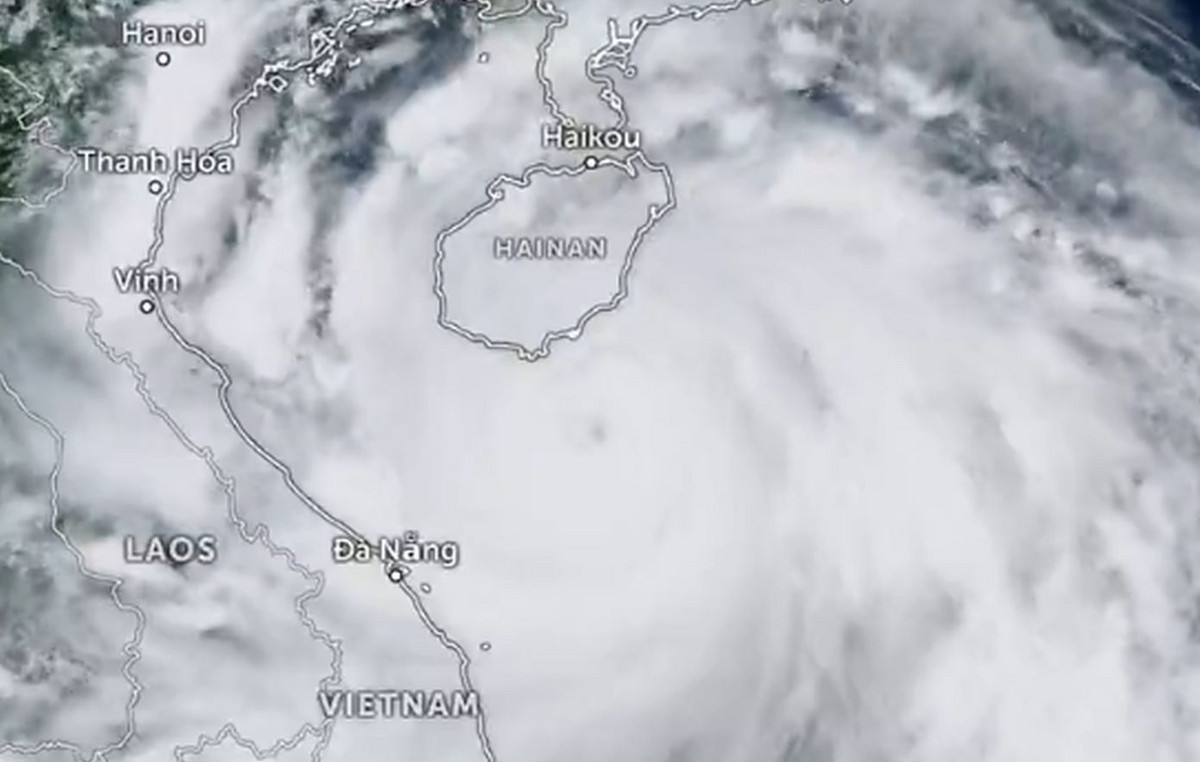Minneapolis Federal Reserve Chairman Neel Kashkari said on Thursday (6) that the Fed is still “far” from a “pause” in monetary tightening.
At the Bremer Financial Fall Leadership conference, he stressed on several occasions the fact that containing inflation is a priority for this moment.
Without the right to vote on monetary policy decisions this year, the official also said that US banks now have more capital than before the financial crisis.
On the other hand, he also pointed out at some point that the big banks would need “significantly more capital”.
The chairman of the Minneapolis Federal Reserve said the institution raises interest rates “aggressively” to control inflation.
At the Bremer Financial Fall Leadership conference, he noted that there was “still work to be done” on the monetary tightening and said the Fed was aiming for a “soft landing” but did not make it clear whether that could happen.
In any case, the authority reinforced on several occasions the importance of containing inflation. There is so far “little evidence” that inflation has peaked, he warned.
With no vote on monetary policy decisions this year, the official said he was confident the Fed would meet its target of bringing inflation to 2%.
So far, inflation hasn’t had the “pause” that policymakers once hoped for, so Kashkari said he will wait for it to go “in the right direction” and only then will he advocate a pause in the tightening.
According to him, the economy is now sending “mixed signals”, “very divergent”. Should a supply-side bailout occur, Kashkari said he was more optimistic about the chance of averting a recession. The current picture appears to be one of stagflation, but we are actually in a transition, he argued, adding that it could take “a year or two”.
Kashkari said there is indeed a risk that monetary policy will be too tight.
At the same time, he stressed that the main thing now is to contain prices. Asked about a Joe Biden administration’s package to curb inflation (“Inflation Reduction Act”), Kashkari said he will have little leverage in that regard now, with effect only in “one to two years.”
The chairman of the Minneapolis Fed recalled that, in fact, the tightening has some negative effects, including for some companies. But he noted that for the Fed, the important thing is to be aware of risks that could be “destabilizing” for the economy.
The official also defended that the Fed maintain the rhythm in the balance sheet reduction, because the markets have already priced this movement. Asked about the strength of the dollar, he emphasized that it is not the responsibility of the American BC to control the exchange rate.
When asked about bitcoin, the official again showed skepticism, on the grounds that it is not a currency actually used in everyday transactions, only as an investment.
Kashkari was also asked about a possible issuance of a central bank digital currency (CBDC) by the Fed. He commented that an eventual issuance of a digital dollar by the Fed would first have to receive the approval of the country’s leaders and Congress.
Source: CNN Brasil
Joe Jameson, a technology journalist with over 2 years of experience, writes for top online news websites. Specializing in the field of technology, Joe provides insights into the latest advancements in the industry. Currently, he contributes to covering the world stock market.







